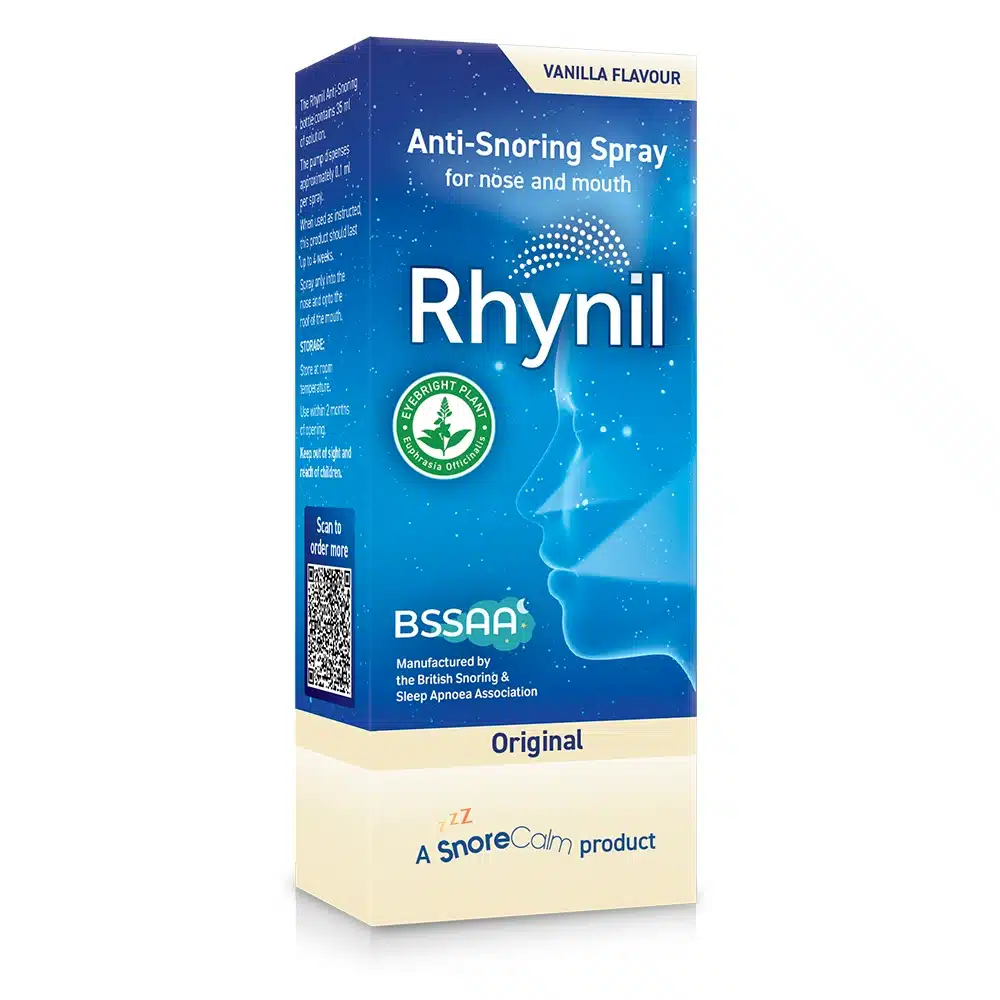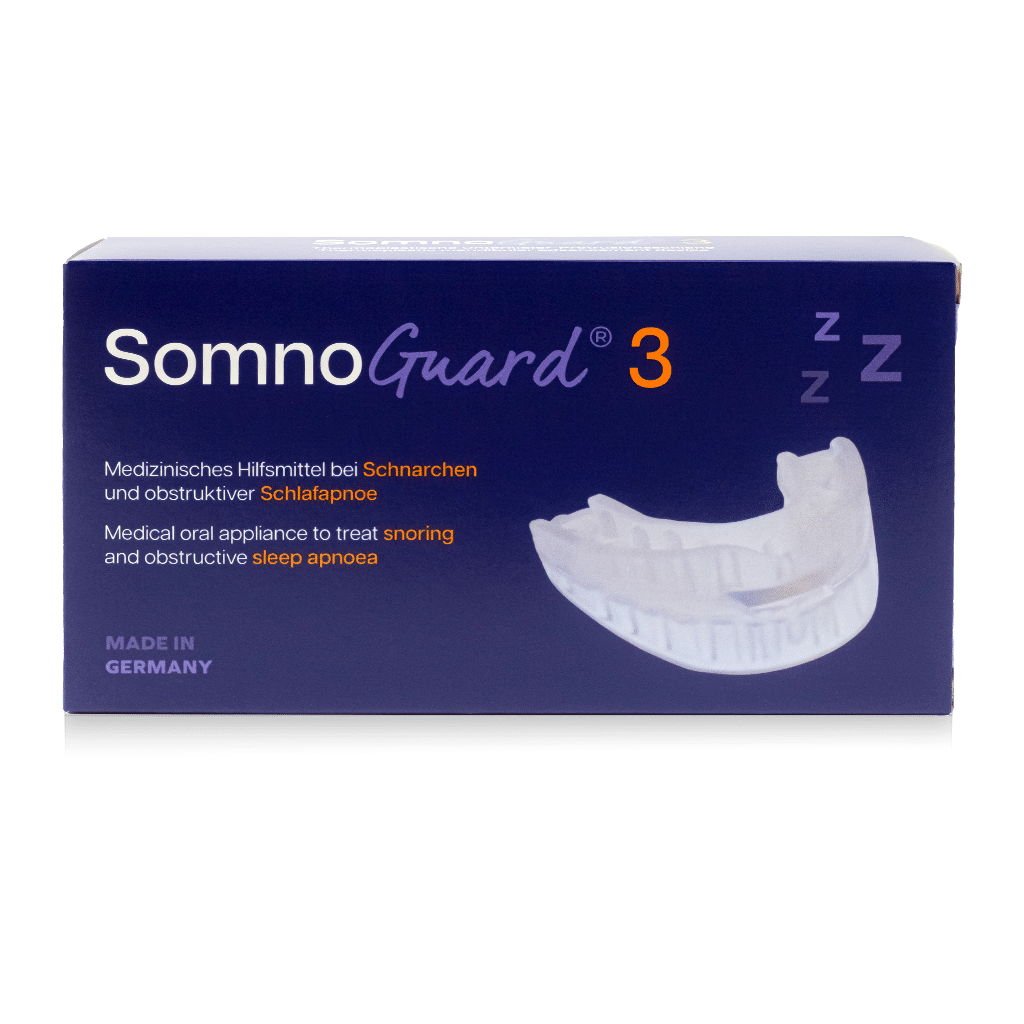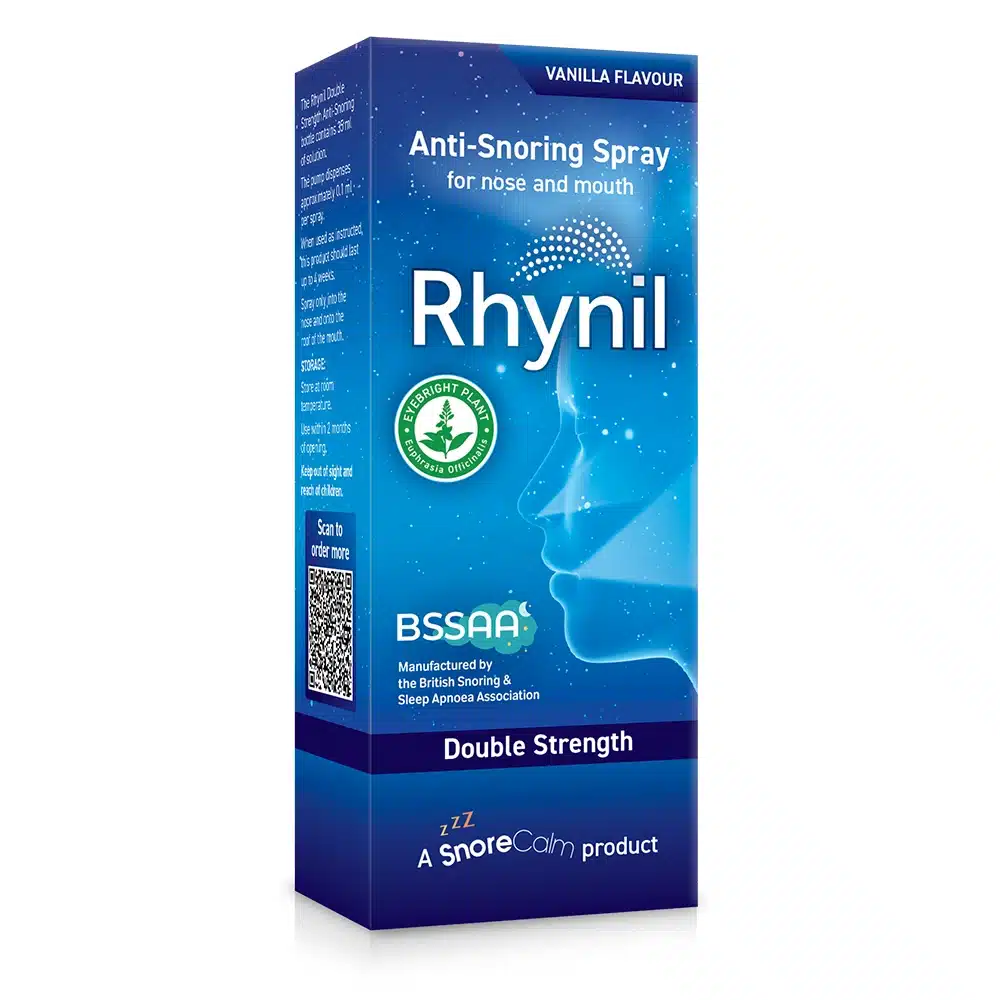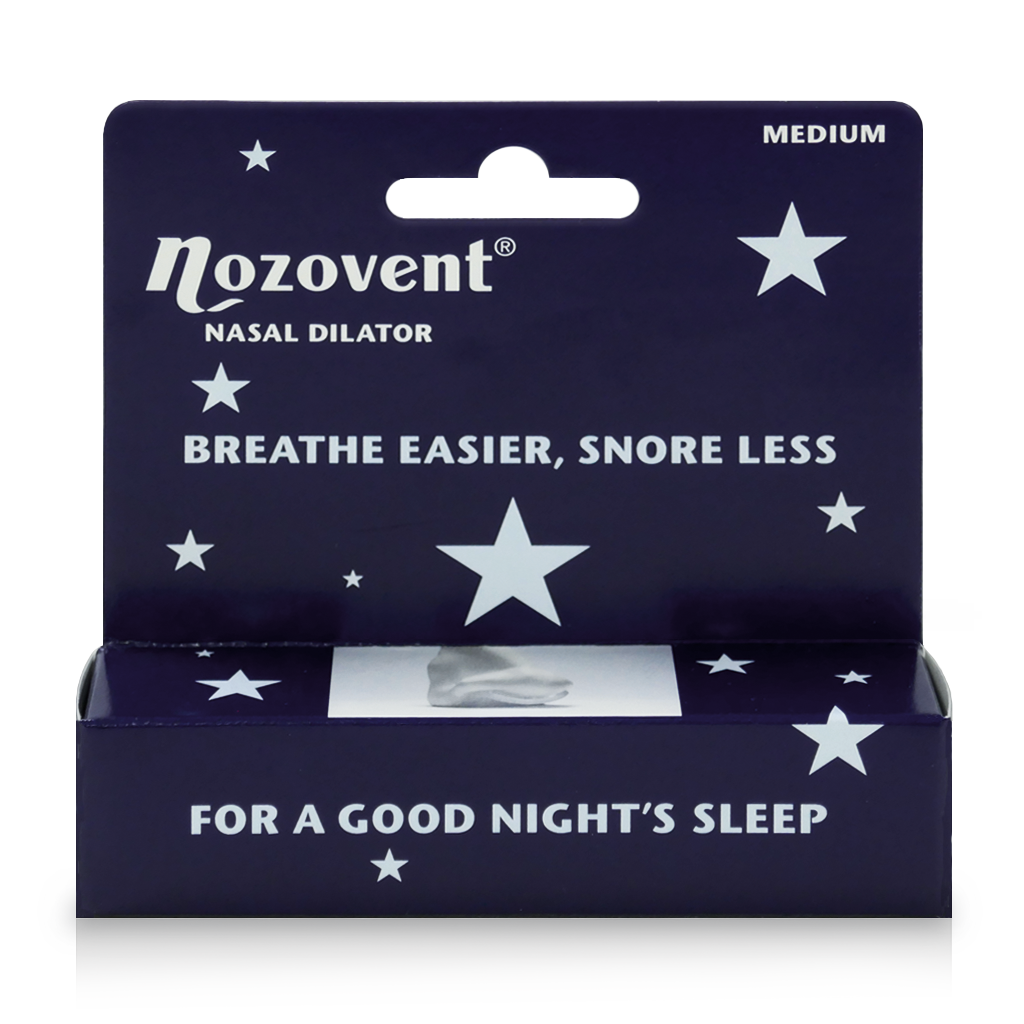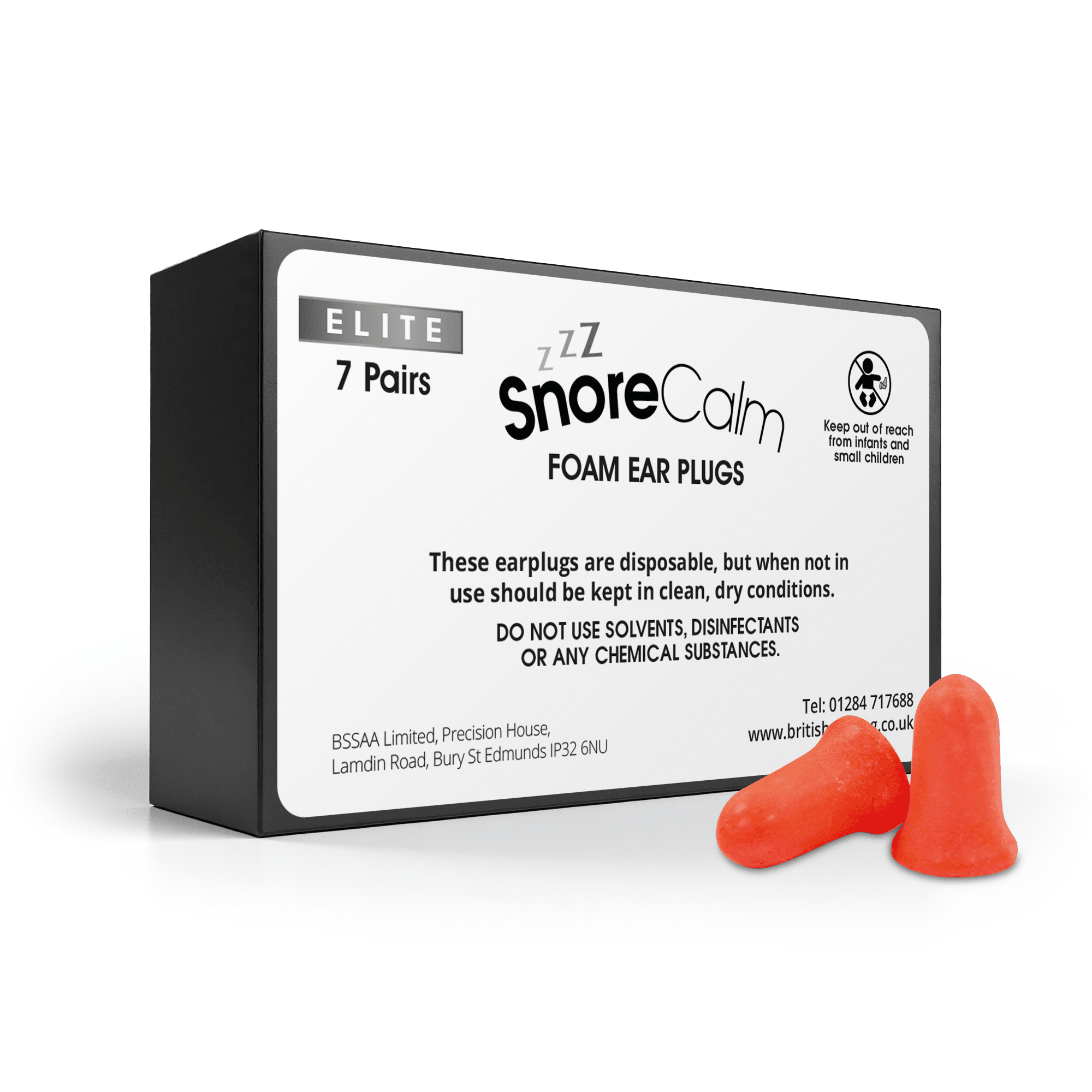Snoring can be really annoying, both for you and anyone else around you. The articles below provide advice on ways to help you stop.
BSSAA is the UK’s leading authority on snoring & sleep apnoea since 1991
What can I do to ‘stop’ snoring?
Read the various articles below to find out what you can do and
what the options are.
Try the 90-day Snore-No-More Plan
Find out moreImprove your sleep hygiene
Find out moreSurgical options - as a last resort
Find out moreCauses of snoring - medical & lifestyle
Find out moreAs well as the articles above there are a few simple lifestyle changes you can try that may also help reduce or eliminate snoring.
- Sleep on your side – Sleeping on your back can cause your tongue to fall backward into your throat, narrowing your airways. Try sleeping on your side to help keep your airway open. Some people find that a body pillow or special side-sleeping pillows help.
- Lose weight (If needed) – Extra weight, especially around your neck, can put pressure on your airways and contribute to snoring. Even a small amount of weight loss can make a noticeable difference.
- Avoid alcohol and sedatives – Alcohol and sedative medications relax your muscles, including those in your throat, which can make snoring worse. Try to avoid these, especially in the few hours before bed.
- Stay hydrated – Make sure you’re drinking enough water throughout the day as when you’re dehydrated, the secretions in your nose and throat become thicker, which can worsen snoring.
- Adjust your sleep position (elevate your head) – Elevating your head slightly by using an extra pillow or a wedge pillow which can help keep your airways open, reducing snoring.
- Improve your sleep hygiene (see link above)
- Clear nasal passages – If you snore because of nasal congestion, try using a saline spray, a nasal decongestant (but not long-term), or a humidifier in your room to keep your airways clear. You could also try nasal strips to help open up your nostrils.
If you are unable to locate the problem it may be wise to make an appointment to see your GP. Make a point of asking your partner to come with you as the information they will provide will be very useful. Your GP knows your complete medical history and is always the best person to advise you about serious medical matters.
Nevertheless your GP will be pleased that you have considered the problem carefully and undertaken self help remedies.
If sleep apnoea is suspected your GP will be happy to refer you to a sleep study for diagnosis.
To self diagnose your snoring issues try our interactive sleep test below which
the most used stop snoring self-diagnosis tool on the internet.



